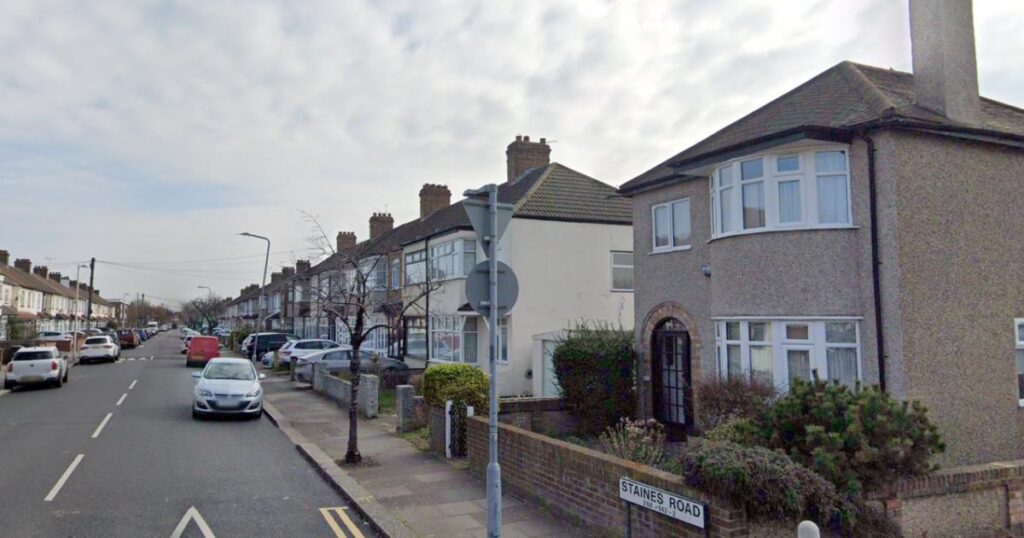Mohammed Akram, 84, was discovered at his home in Staines Road, Ilford, on June 12.
Senior coroner Graeme Irvine opened an inquest into the “unusual” death at East London Coroner’s Court on Thursday morning (June 26).
Mr Akram’s son and daughter listened in the public gallery as Mr Irvine outlined what was known so far.
“It seems to me that I am going to have to examine the background investigation to examine how it was that Mr Akram had those injuries,” he said.
His investigation would focus on “whether or not there was an accidental cause or whether or not this was a purposeful injury”.
Police and paramedics had been scrambled to Mr Akram’s home after he was discovered.
MORE NEWS: Probe begins after man, 23, found dead in east London hotel
“They found, sadly, that Mr Akram was beyond resuscitation,” said Mr Irvine. “He was cold to the touch. There was nothing that those services could do.”
After a brief investigation, police said there was “no evidence to suggest that Mr Akram’s injuries were caused by anybody else”.
“They did not determine that foul play was likely to have played a role,” the coroner said. “The police classified the death as unexplained and unexpected.”
The case was therefore referred to the coroner for a non-criminal investigation.
Mr Irvine said he would order the CID officer who ruled out third-party involvement to provide a witness statement explaining their rationale.
“Because of the unusual circumstances of the death, which are far from typical, I authorised a post-mortem examination,” he said.
The pathologist determined Mr Akram had died from “haemorrhagic hypovolemia” – meaning a catastrophic loss of blood – caused by “an incised wound to the abdomen”.
“That cause of death triggers in my mind the necessity to open an inquest,” Mr Irvine said. “If a cause of death is unnatural or is unknown, a coroner should hold an investigation.”
He declared Mr Akram’s family “interested persons” – a legal status entitling them to representation, access to evidence and the ability to question witnesses – and asked them to provide a statement.
It should detail “what you saw and what you heard,” said Mr Irvine.
“Things that you can remember about the run up to this dreadful day on the 12th of June.”
The final inquest was provisionally scheduled for December.




